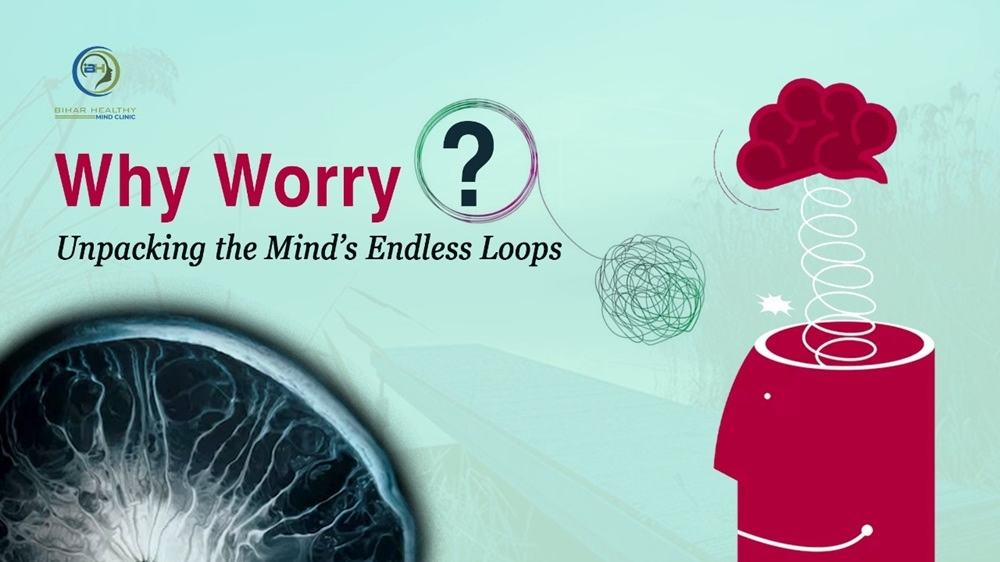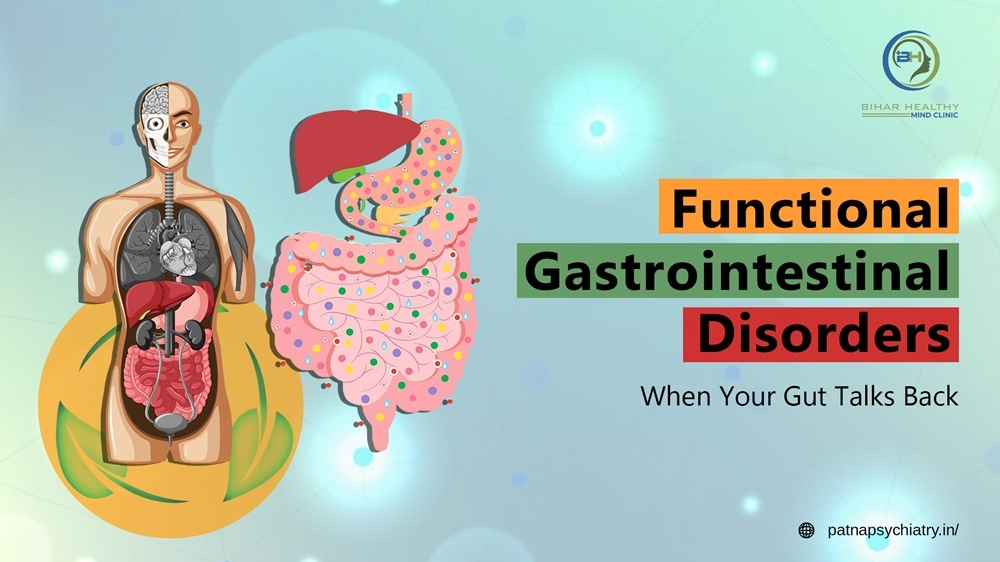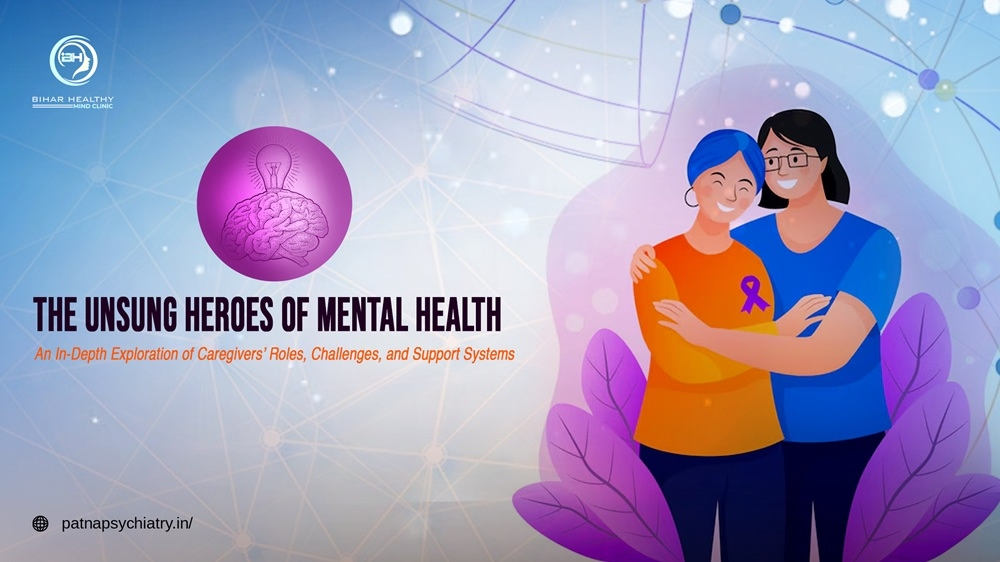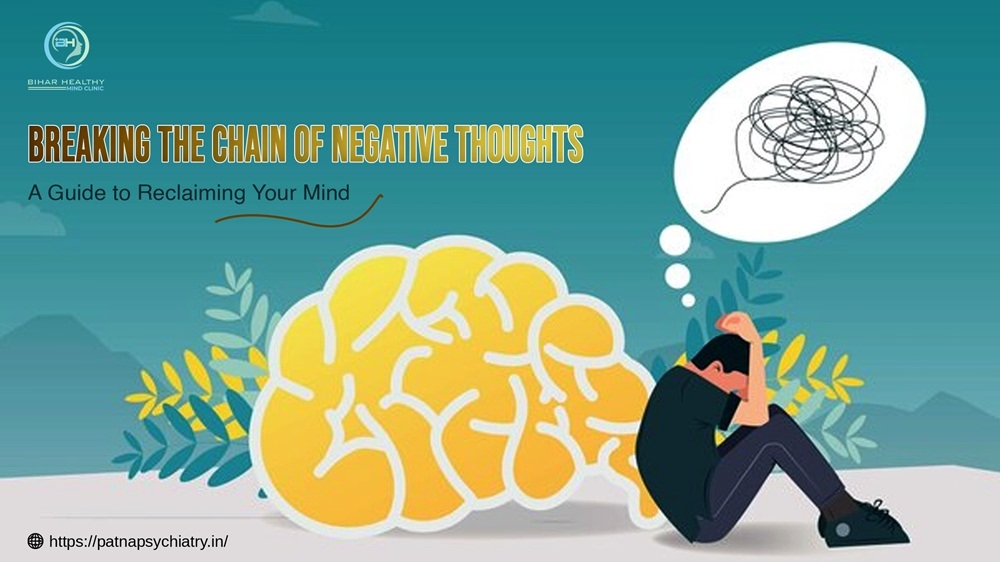Imagine this: Sarah, a 35-year-old marketing executive, wakes up to the sound of her alarm blaring. Her heart races as she recalls the mountain of unfinished tasks at work and the unrelenting demands of home life. For Sarah, and countless others, stress has become an uninvited companion.
But what if there was a way to regain control, reduce stress, and create a sense of balance? Enter self-care—a practice that is often misunderstood but holds the potential to transform lives. Self-care is not about indulgence or luxury; it’s a necessity, especially for those navigating mental health challenges. In this blog, we’ll explore the profound impact of self-care and stress management, offering practical advice, real-life stories, and science-backed strategies to inspire and empower.
Self-Care: A Foundation for Mental Well-Being
The term "self-care" often conjures images of bubble baths or spa retreats. While these activities have their place, true self-care goes much deeper. It’s about cultivating awareness of your physical, mental, and emotional needs, exercising control over your choices, and relying on yourself to address those needs effectively.
For those with mental illnesses such as anxiety, depression, or bipolar disorder, self-care can be a cornerstone of recovery and resilience. It’s a dynamic process that helps you adapt to life’s challenges while maintaining your mental equilibrium.
The Science Behind Self-Care and Stress Management
Why does self-care work? The answer lies in its ability to regulate the body’s stress response. When stress becomes chronic, it activates the body's "fight or flight" mechanism, leading to a cascade of physical and mental health problems. Self-care interrupts this cycle by fostering relaxation, balance, and self-awareness.
Key benefits of self-care:
- Reduced Cortisol Levels: Practices like mindfulness and meditation lower cortisol, the body’s primary stress hormone.
- Enhanced Emotional Resilience: Activities such as journaling or seeking therapy improve emotional regulation and coping skills.
- Improved Physical Health: Exercise and healthy eating contribute to better sleep, more energy, and overall well-being.
- Stronger Relationships: Engaging in social self-care enhances connection and reduces feelings of loneliness.
Real-Life Story: Ravi’s Redemption
Ravi, a software engineer, felt like he was drowning. Endless hours at work and mounting responsibilities pushed him into the depths of anxiety. After experiencing a panic attack, Ravi turned to therapy, where he learned about self-care. He started with small changes—spending five minutes journaling each morning and going for a walk after work. These simple acts gradually expanded into a full routine, including mindfulness meditation and saying "no" to excessive demands. Today, Ravi feels more balanced and equipped to handle life’s pressures.
Stress Management Strategies: Tools to Thrive
-
Mindfulness Meditation: 10 minutes daily focusing on your breath. Apps like Headspace or Calm can guide you through this practice.
-
Physical Activity: Regular exercise reduces stress and boosts mood. Whether it’s yoga, cycling, or a brisk walk, find what works for you.
-
Nutrition: A balanced diet with whole grains, lean protein, and vegetables supports brain health and stabilizes energy.
-
Sleep Hygiene: Prioritize sleep by maintaining a consistent bedtime, avoiding screens before bed, and creating a calming nighttime routine.
-
Social Support: Connect with loved ones or join a support group to share experiences and receive encouragement.
-
Creative Outlets: Activities like painting, gardening, or music provide a therapeutic escape and foster self-expression.
Common Barriers to Self-Care: Breaking the Myths
- “I’m too busy.”: Start small. Even a few minutes a day can make a difference.
- “Self-care is selfish.”: Taking care of yourself enables you to show up better for others.
- “I don’t know where to start.”: Experiment with different activities until you find what resonates.
Tailored Self-Care for Mental Illness
Each mental health condition presents unique challenges, and self-care practices should reflect these needs:
- Anxiety: Breathing exercises, grounding techniques, and reducing caffeine intake can help.
- Depression: Establishing a routine and focusing on small, manageable goals builds momentum.
- Bipolar Disorder: Tracking moods and maintaining regular sleep patterns are crucial.
- PTSD: Engaging in trauma-informed yoga or therapy offers both physical and emotional benefits.
Case Study: Priya’s Journey Through Bipolar Disorder
Priya, a high school teacher, struggled with the erratic highs and lows of bipolar disorder. Her manic episodes left her overcommitted, while depressive phases made her withdraw completely. With her therapist’s guidance, Priya began monitoring her triggers, like sleep deprivation and stress. She also integrated regular yoga sessions and creative journaling into her routine. Over time, Priya gained better control over her condition and found joy in everyday moments.
Cultural Influences on Self-Care
Self-care practices are deeply influenced by cultural norms and socioeconomic factors. In many cultures, seeking mental health support is stigmatized, making self-care even more critical. For example, Maria, a first-generation immigrant, balanced her dual roles as a caregiver and breadwinner. Learning to set boundaries and prioritize her well-being was a turning point in her journey.
Innovative Self-Care Ideas for Stress Relief
- Forest Bathing: Spending time in nature reduces stress and enhances focus.
- Digital Detox: Unplugging from screens improves mental clarity.
- Gratitude Journaling: Listing three things you’re grateful for each day fosters positivity.
- DIY Aromatherapy: Essential oils like lavender and eucalyptus promote relaxation.
- Pet Therapy: Caring for a pet provides companionship and reduces anxiety.
Making Self-Care a Habit: Tips for Consistency
- Start Small: Focus on one activity and build from there.
- Schedule It: Treat self-care like an appointment you can’t miss.
- Track Progress: Use a journal or app to log your self-care activities.
- Celebrate Wins: Acknowledge and reward yourself for sticking to your goals.
Economic and Societal Benefits of Self-Careundefined undefined
Self-care doesn’t just benefit individuals; it has broader implications. By reducing reliance on healthcare services, self-care saves costs for both individuals and systems. Employers benefit from a healthier, more productive workforce. Communities that promote self-care see lower rates of mental health crises and greater social cohesion.
undefined undefined
Real-Life Inspiration: The Ripple Effect of Self-Careundefined undefined
When Sarah, from our introduction, began practicing self-care, the changes were subtle but significant. She found time to exercise, prepared nutritious meals, and set boundaries with her workload. As Sarah’s mental health improved, her energy and positivity spread to her family, colleagues, and friends. This ripple effect illustrates the transformative power of self-care.
Conclusion: Your Self-Care Journey Starts Todayundefined undefined
Self-care is a commitment to yourself, a promise to prioritize your well-being. It’s not about perfection but progress. Start with small, consistent steps. Whether it’s a mindful moment, a walk in the park, or a heartfelt conversation with a friend, each act of self-care brings you closer to a healthier, happier you.
Life is challenging, but with self-care, you can navigate it with resilience and grace. Take the first step today—your future self will thank you.
TAGS: Self-Care, Stress Management, Mental Health, Coping Strategies, Mindfulness, Emotional Resilience, Anxiety Relief, Depression Support, Bipolar Disorder Management, Healthy Living, Stress Reduction Techniques, Positive Psychology
Disclaimer: All characters and events depicted in this blog are entirely fictional. Any resemblance to actual persons, living or dead, is purely coincidental. The content is intended for informational purposes only and should not be considered as medical advice. Always consult a qualified healthcare professional for medical concerns.
undefined undefined







No comments yet. Be the first to comment!